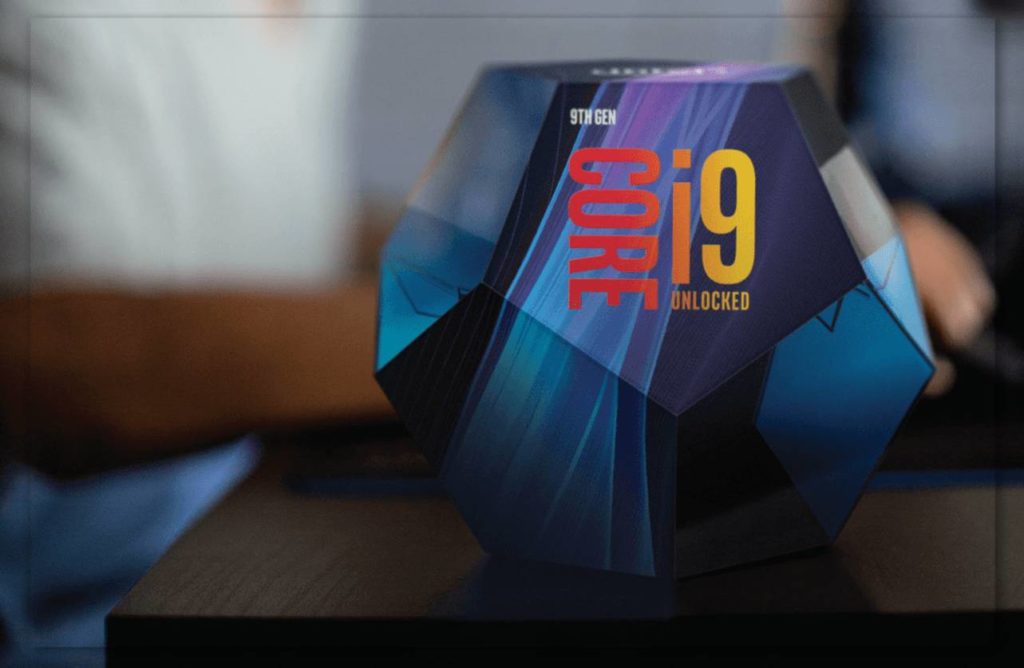10th Gen Core desktop processors still do not support PCIe 4.0 motherboard: Intel in trouble

AMD introduced PCI support for the first time in consumer platforms. The support Introduces support for the first time on the X570 motherboard and the Ryzen 3000 processor, which has spurred the development of PCI 4.0 hard drives. This is also the first time in recent Yarstat that AMD has taken Intel’s lead to lead the trend of modern technology.
Compared to PCIe 4.0, Intel is in trouble. On the one hand, it emphasizes that PCIe 4.0 is useless. On the other hand, it also accelerates support for its own PCIe 4.0.
TH the website reported CES, during which they learned from Intel, a manufacturer on the LGA 1200 platform, wanted to support PCI 4.0. But core processors called Comet Cossi called PCI 4.0 Implemented. So the LGA 1200 can only support PCIe 3.0 when the mainboard is listed.
Due to the 10nm process delay, Intel has stuck to the 14nm Skylake architecture over the past few years. Failure to launch the new architecture makes it impossible for Intel to quickly integrate into new processor technologies such as PCIe 4.0. At Comet Lake processors, Intel originally planned to increase support for PCIe 4.0. The LGA 1200 socket motherboard has to add the necessary components to support new features.
PCI 4.0 has twice the bandwidth of PCI 3.0, but it also requires strict signal integrity. Unfortunately, Intel has encountered chipsets and stability issues on the LGA 1200 platform (the support of Comet Lake itself is great). An additional external clock generator was needed to support this feature. Which eventually forced Intel to abandon the comet leak platform support for PCIe 4.0.
Some motherboard manufacturers do not give up
However, some motherboard manufacturers do not give up, and some models will still support PCI 4.0. The purpose is to bet Intel on implementing PCIe 4.0 support on next-generation rocket leak processors. However, Intel is usually not backwards compatible, so whether it can really help PCIe 4.0.
The LGA 1200 Motherboard has entered the final development phase, and some may completely abandon PCI I. for support to reduce manufacturing costs or adjust Motherboard product planning, and Low-end products give up support.
TH said a lot, and it was a bit messy. In short, PCI 4.0. On, Intel actually introduced PCI 4.0 on the upcoming Comet Leak processor. They wanted to support. But found that during the test there was a problem with the chipset and stability. So should be PCIe 4.0 Supported cannot be supported.
10th Gen Core processors do not necessarily support it
However, some motherboard manufacturers do not give up and hope to support PCIe 4.0 on high-end LGA1200 motherboards. However, this is a major selling point. So it is PCI 4.0 itself plans to go to.
Even if it increases costs, it will bet Intel next year on rocket leak processors. Get PCIe 4.0, anyway, the rising cost of manufacturers will eventually be passed on to consumers. Using the processor as a selling point can attract high-end consumers towards paying bills.
Given this division, the LGA 1200 motherboard will be significantly different after launch in the next few months. Some high-end models will be included in PCIe 4.0. Even if tenth-generation Core processors do not necessarily support it. Low- and medium-sized LGA 1200 motherboards should not have the opportunity to be in PCI. 4.0
If Intel wants to fully support PCIe 4.0. It is estimated that it will be a Tiger Leak processor with a 10nm + process, at least for a year or two.
Source = Mydrivers
Also Read:
Confirmed: PS5 will be officially announced on February 5th
After the WhatsApp global crash, problems surfaced on Twitter






